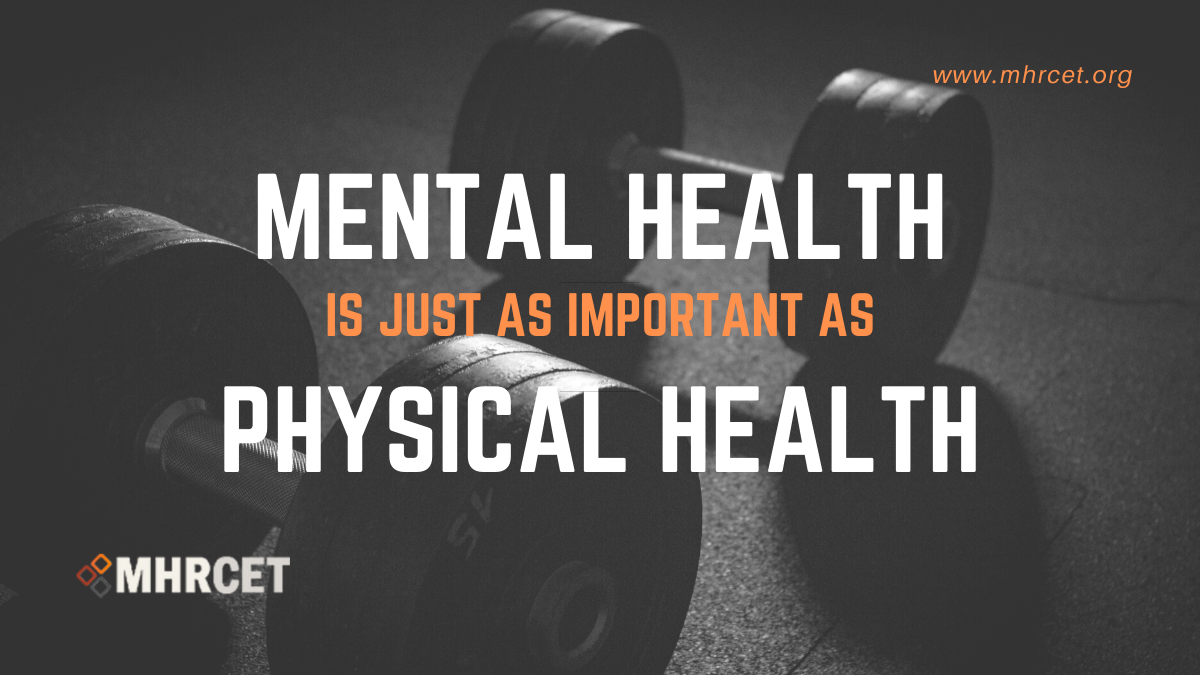by Rhonda W.
The terms “mental health” and “behavioral health” refer to the cognitive, behavioral, and emotional well-being of others. It has to do with how people think, feel, and act.
- Make time without distractions – It is important to provide an open space without prejudice and distractions.
- Give an individual the freedom to share as much or as little as they choose – Allow them to guide the conversation at their own pace. Don’t pressure them to tell you something they are not willing to talk about. Talking can take a lot of confidence and courage. You might be the first person they’ve had the opportunity to speak with.
- Don’t try to diagnose or guess someone’s feelings – You are probably not a medical expert, and while you may be happy to speak up and offer support, you are not a trained counselor. Try not to make assumptions about what is wrong or intervene too quickly with your own diagnosis or solutions.
- Keep the questions open – Say “Why don’t you tell me how you feel?” Or “I can see you’re in a lot of pain.” Give the person time to respond and try not to cross-examine them with too many questions.
- Have a conversation about wellness – Talk about ways to de-stress or practice self-care and ask if they find anything helpful. Discussing ways to exercise, eating a healthy diet, and getting a good night’s sleep can also help protect mental health and maintain well-being.
- Pay attention – Repeat what you have been told to make sure you understand. You don’t have to agree with everything they say, but showing them that you understand how they feel is letting them know that you respect their feelings.
- Offer help in seeking personal or professional support – You may want to offer assistance in talking to a counselor, or suggest talking to a friend or family member. Allow them to make their own decisions rather than taking command.
- Know your limits – Call for help or signaling if the problem is serious. If you think they are in immediate danger or have injuries that need medical attention, you need to take steps to make sure they are safe.
A small selfless act can go a long way in providing mental health support to someone in need.














